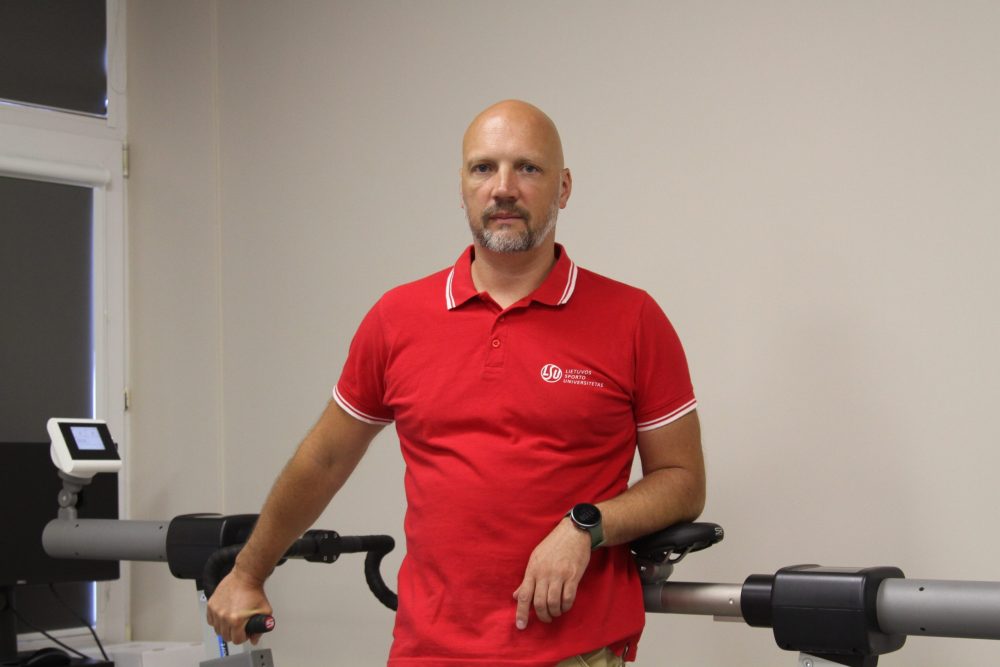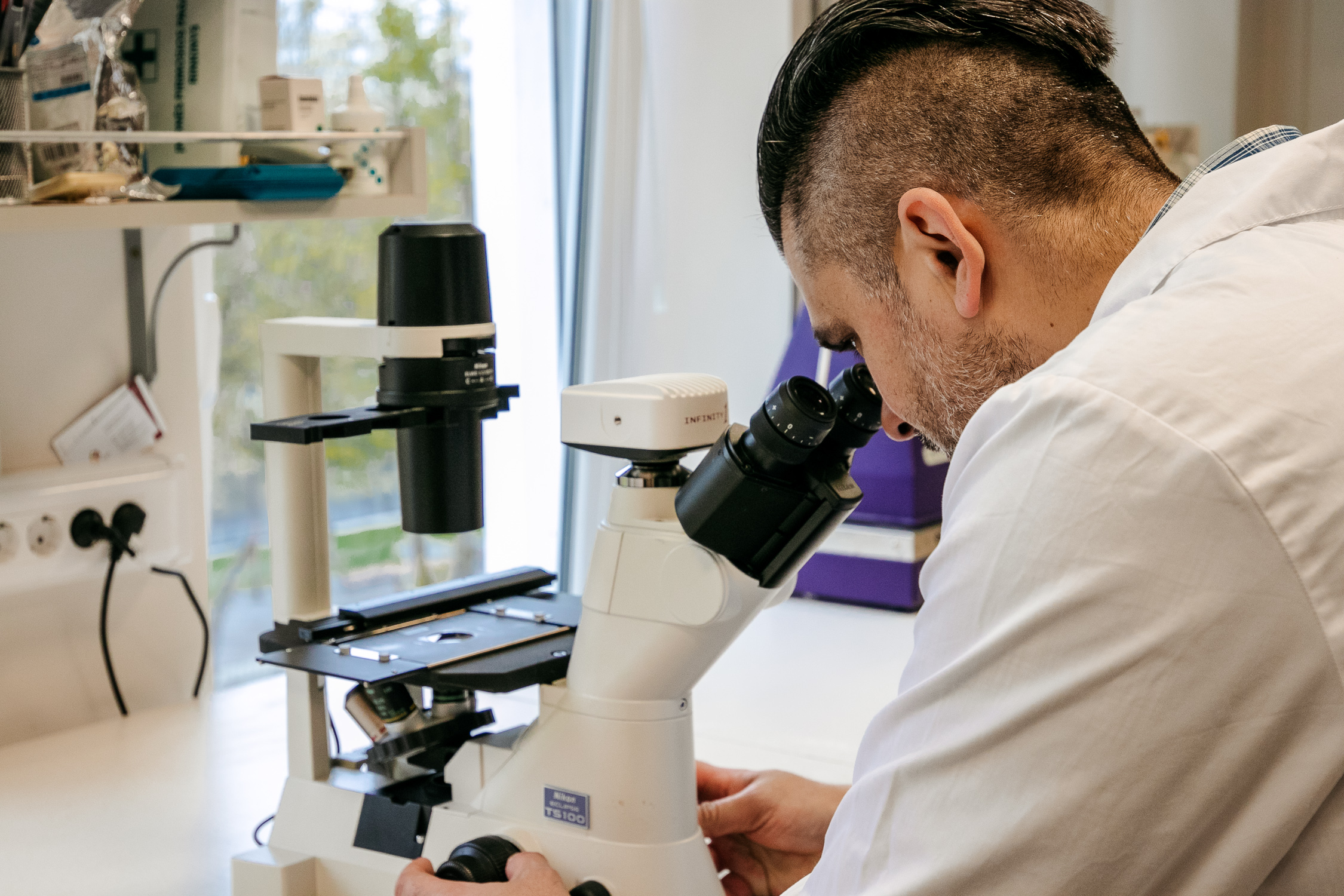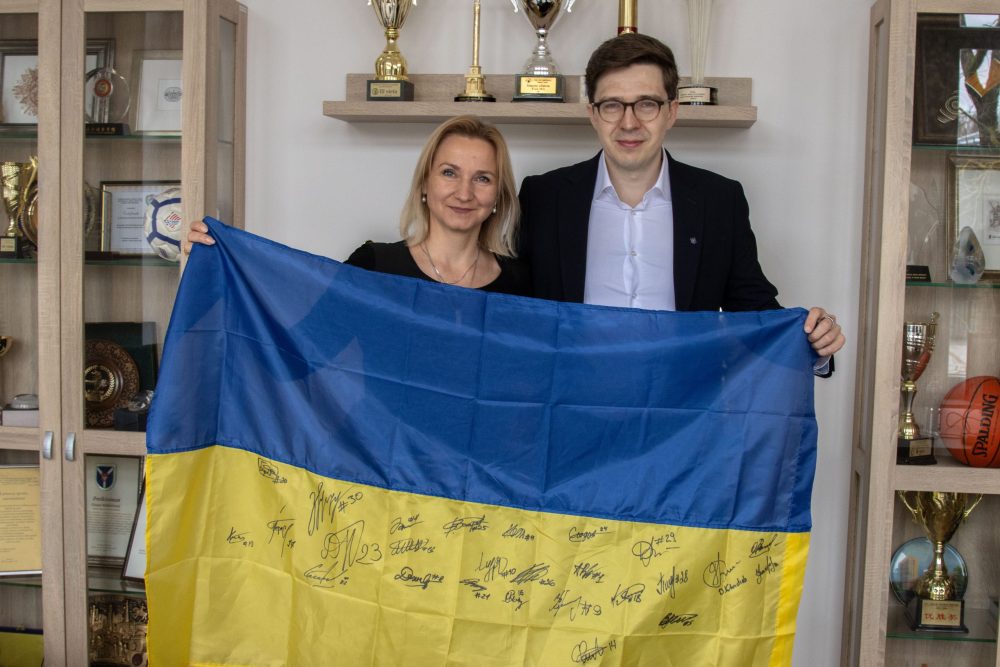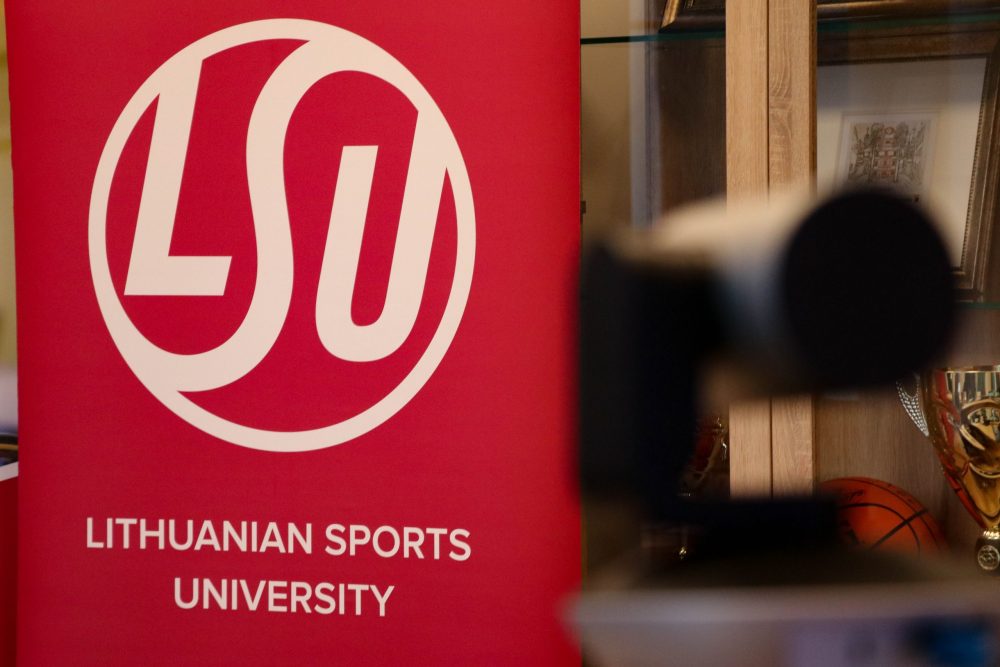The performance of athletes from all over the world is hampered by ambient conditions at the Tokyo Olympics.
In Tokyo, the air temperature indicator now rarely falls below 30 degrees Celsius, and the humidity meter readings reach the 70 per cent mark.
Lithuanian Sports University (LSU) Professor Marius Brazaitis, who conducts research on the effects of thermoregulation processes on athletes’ bodies, says that one should not be surprised by the ambient conditions, as they could have been predicted by checking the long-term weather patterns.
“The forecast provided by air temperature observers clearly showed the trend for temperatures to reach their annual peak during the Tokyo Olympics. This has been the case for the last 30 years – heatwaves were recorded in Tokyo at the end of July and the beginning of August, so hardly anyone could have expected it to be different this year,” said M. Brazaitis.
The World Athletics Championships held in Doha, the capital of Qatar, in 2019, was a warning signal to Lithuanian athletes. The performance of athletes from all over the world was worse than usual, and some of them did not even finish the competition.
“In 2019, Lithuanian athletes were not fully prepared to compete in the World Athletics Championship in Doha. Our athletes had not adapted to the exhausting heat in advance. Now some of the first Lithuanian performance results in Japan show that lessons were probably not learned from the mistakes, as the athletes were not well adapted to the ambient conditions,” said the sports scientist.
As one of the examples, M. Brazaitis mentioned the racing cyclist Evaldas Šiškevičius, who started the Tokyo Olympic Games on the first day and withdrew after having finished 91 kilometres of a 234-kilometre mountain track.
In addition to a challenging track, the athletes had to face the heat of 30 degrees, and later the heat index reached as high as 38 degrees.
Lack of oxygen in the heights and exhausting air temperature led to a sad result – as many as 32 out of 117 cyclists did not reach the finish line.
“It was unfortunate for Evaldas Šiškevičius, who withdrew from the race not even having reached halfway. He was also hindered by hypoxia – lack of oxygen – because he had to compete in the highlands”, M. Brazaitis explained. “This means that in addition to the effects of hot and humid weather, he also lacked oxygen, which is probably the most extreme condition for athletes.
I heard the cyclists went to the sauna to prepare for the Tokyo Olympics. It should be borne in mind that saunas are effective for people who do not exercise in heat – in this way the body is accustomed to being passive, not active. If we want to use the saunas properly, we need to do physical work there, but not sit passively.”
According to the LSU scientist, he is still sometimes surprised by the coaches’ lack of knowledge on the processes in the bodies of athletes.
“Some coaches say that athletes do not prepare for exercise in such conditions, because, for example, they lose more electrolytes. The truth is that when a person adapts to heat, he/ she loses twice as little electrolytes with the same amount of sweat in comparison to when he / she is not adapted to heat. This proved a long time ago,” said M. Brazaitis.
Although there are at least a few different acclimation programs, the professor of sports science singled out the most used principle of adaptation to non-standard ambient conditions, the duration of which can vary from one and a half to two months.
“It is common to start the acclimation program 6 weeks before the Olympics. The first acclimation program under similar ambient conditions should take about two weeks. After that, the athletes return to their usual environment and train for two or three weeks. The second stage begins when the athletes are already going to the country of the Olympic Games and re-adapt there, but it happens much faster because
the body’s memory remains. It only takes a few days for the athlete to gain the heat resistance he/ she had a few weeks ago.”
To avoid the heat challenge, the International Olympic Committee announced in the fall of 2019 that perhaps the most temperature-sensitive marathon and walking events would be relocated to Sapporo, a city 800 kilometres away from Tokyo. It is unclear whether such a solution will pay off, as air temperatures there also rarely fall below the 30-degree mark but are somewhat refreshed by humidity lower than 50 per cent.
The Olympic Games, which began on July 23, will last for another week and a half – until August 8. So far, there are no medals won by the Lithuanian delegation.















